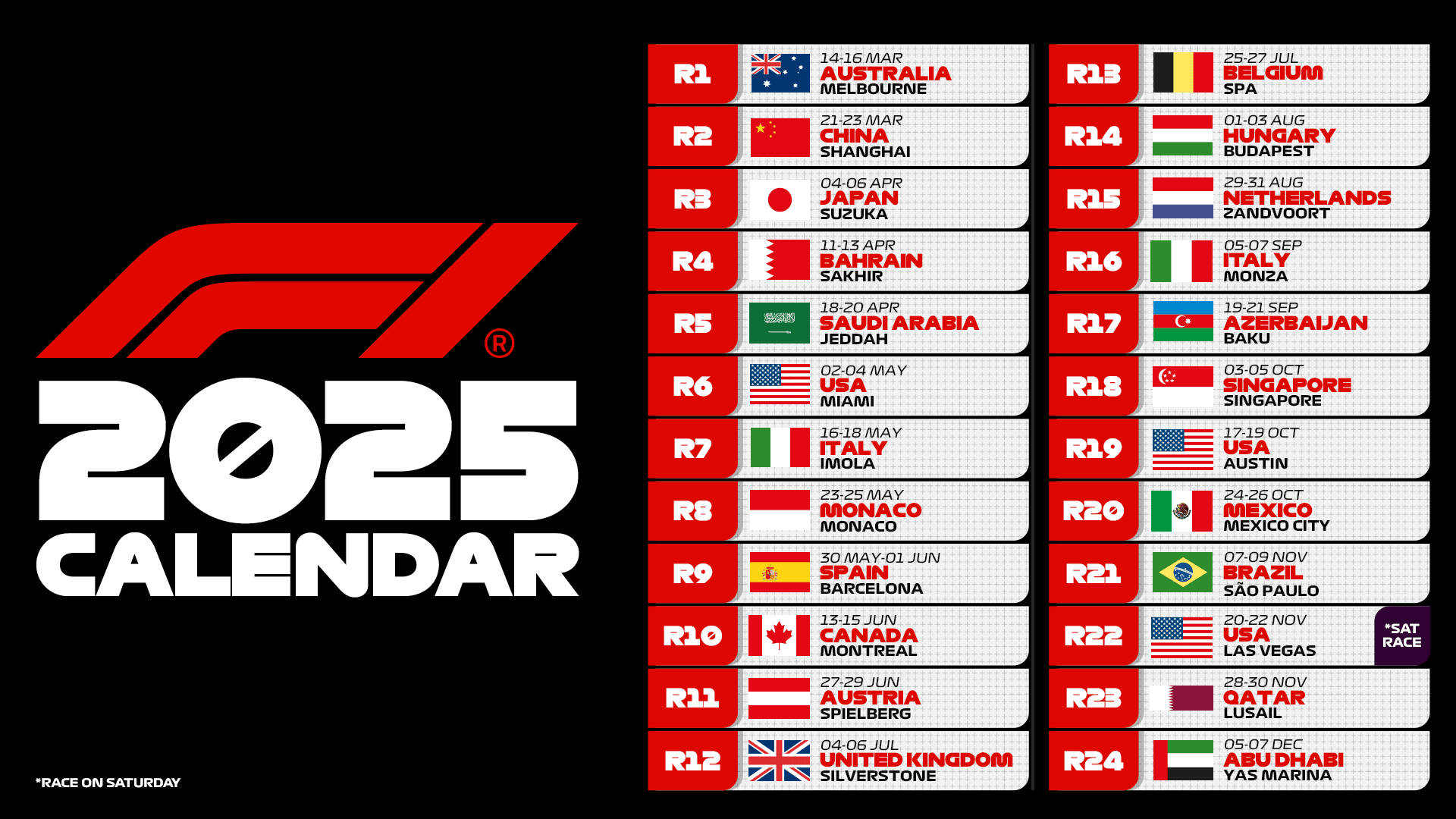Ferrari’s Driver Management Raises Questions as Team Struggles: A Call for Direct Priorities and Better Decision-Making
Before delving into the British Grand Prix itself, let’s discuss the issue of driver management. The current team orders may seem logical as Ferrari aims to climb up the standings.
The potential to challenge Mercedes was present at Silverstone, and internal conflicts would have been counterproductive. Each weekend, one of the two drivers is given the choice to go out earlier or later during the qualifying session, just like all the other teams. Last weekend in the British Grand Prix, Charles Leclerc had priority, so why not provide him with a clear advantage when exiting the pits instead of relying on public team radios and position swaps in the pit lane?
Such management only created unnecessary tension, leaving the Maranello team vulnerable to criticism from external observers who could easily tune in.
Post-race, the French team principal addressed the disappointing outcome, stating, “We were concerned about tire degradation, but it turned out to be less than expected. During the race, we set overly conservative target times, and this strategy backfired on us.”
Fred Vasseur’s words titled “Ferrari was afraid” raise the question: what exactly were they afraid of? The answer lies within themselves. “Perhaps these are the lingering ghosts we have carried since the start of the season. We have been overly cautious.”
Show your support for Scuderia Ferrari with official merchandise collection! Click here to enter the F1 online Store and shop securely! And also get your F1 tickets for every race with VIP hospitality and unparalleled insider access. Click here for the best offers to support Charles and Carlos from the track!
Show your support for Scuderia Ferrari with official merchandise collection! Click here to enter the F1 online Store and shop securely! And also get your F1 tickets for every race with VIP hospitality and unparalleled insider access. Click here for the best offers to support Charles and Lewis from the track!
Not only did they lack the courage to take calculated risks, but they also failed to utilize the data gathered on Fridays and effectively analyze the race situations.
Contrasting Approaches: Mercedes’ Strategic Brilliance vs Ferrari’s Fearful Missteps
Compared to the scorching Friday conditions, tire degradation was minimal for all drivers. George Russell‘s decision to start with Soft tires stemmed from Mercedes’ promising long-run performance on Friday, despite their W14 not being particularly competitive at that stage. However, the Brackley team’s winning mentality, coupled with their exceptional personnel and tools, set them apart. As the track conditions improved following the rain on Saturday, Mercedes intelligently capitalized on the cooler weather and the successful debut of the new Pirelli tires, albeit perhaps slightly on the “tough” side. They strategically blended these variables with a calculated yet bold level of risk.
In contrast, Ferrari’s approach was quite different. Starting on the Medium compound was not a mistake, but Charles Leclerc’s premature switch to the Hard tires during the pit stop was. Neither the Monegasque nor the data indicated any significant tire degradation on the SF-23, as well as on other cars. Opting for an early pit stop was a risky and erroneous move, as Charles Leclerc’s pace prior to the stop was still competitive.
Furthermore, the Maranello team repeated the mistake by opting for the Hard compound when the Soft tires were yielding favorable results. This error was further compounded when the same strategy was applied to Carlos Sainz, despite having more data available for analysis.
Ferrari’s home race saw them succumb to fear, relinquishing control and losing out as a team. Rather than allowing the ghosts of their recent past to limit them, these setbacks should serve as motivation and a reference point for improvement. Mercedes executed flawlessly, aided by a timely Safety Car intervention that benefited Lewis Hamilton. In contrast, Ferrari’s defensive and fearful approach resulted in being penalized by circumstances. It’s crucial to learn to help oneself when needed.
On a positive note, amidst the behind-the-scenes movements, Frederic Vasseur appears to have a solid understanding of what Maranello lacks in order to make a significant leap in quality across all areas. Time must be given to him, but the Italian side must take the initiative to help itself as its strives for further improvement.













.png)

Leave a Reply